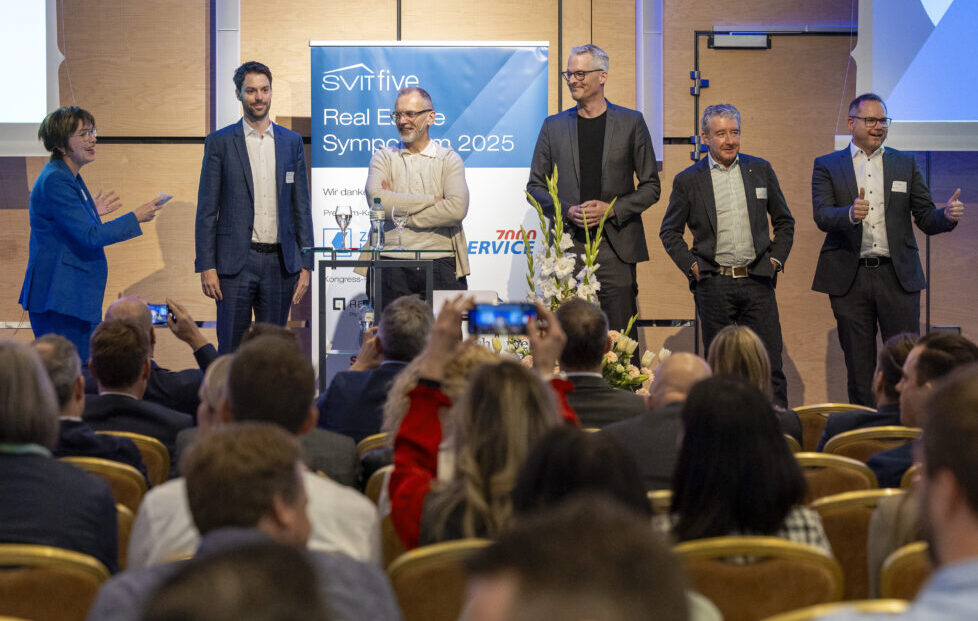Securing the future through responsible management

Anyone who owns property bears responsibility. Not only for the preservation of value, but also for the sustainable use of resources and structures. The Real Estate Symposium 2025 organised by the Swiss Association of the Property Industry (SVIT) impressively demonstrated how strategic management can be achieved economically, ecologically and in a future-proof manner over the entire life cycle.
Properties are far more than just built substance. They are an investment, living space, energy consumer and long-term commitment at the same time. In order to secure or even increase their value over decades, professional, holistic life cycle management is required. At the Real Estate Symposium 2025 in Zurich, the five SVIT specialist chambers, the SVIT five, demonstrated how their combined expertise supports owners, investors, project developers and operators throughout the entire property life cycle.
With in-depth expertise, market knowledge and operational competence, they develop forward-looking strategies that are economically viable and at the same time take ecological responsibility into account. The challenges range from regulatory changes and technical developments to changing user needs – topics to which strategic property management must provide targeted answers.
From responsibility to value creation
Marie Seiler, CEO of Pensimo Management AG, emphasised the complexity of property ownership in her keynote speech. It is not just about administration, but about strategic thinking and creative action. The added value of a property does not arise by itself, it is created and secured through active and responsible management. Value retention is not a constant, but the result of conscious decisions.
This thesis was supported by Dominik Stamm, Vice President at Jones Lang LaSalle AG, who urgently warned of the risks of unrealised potential. Property could quickly become stranded assets if it is not adapted to the market, technology or regulation. Conversely, investments in efficiency, digitalisation and flexibility generate long-term value effects and ensure the competitiveness of the properties.
Responsibility in practice
Particular attention was also paid to the topic of condominium ownership, where responsibility is often decentralised. Michel de Roche, lawyer and former president of the SVIT Chamber of Condominium Ownership, emphasised the role of the administration. It must raise awareness of the condition and lifespan of the components, impart knowledge and enable investment in the future. This is not just about preserving value, but also explicitly about increasing value.